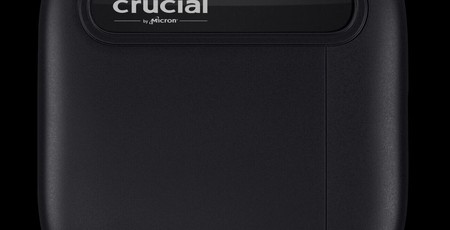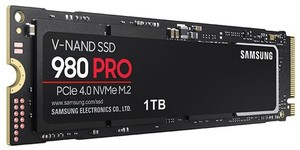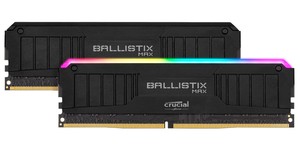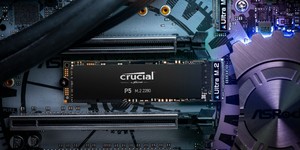Crucial updates portable SSD range with the X6 portable SSD
August 26, 2020 | 13:00
Companies: #crucial

Crucial has updated its portable SSD range with the X6 portable SSD - a device that it hopes will build upon the success of its predecessor, the X8 portable SSD.
Available in 1TB and 2TB capacities, the drive weighs less than a set of keys and has a size comparable to most wireless earbud cases with Crucial keen to stress just how portable it is. It offers real speeds of up to 540MB/s according to the firm, performing 3.8 times faster than most portable hard drives. It's also durable being able to withstand a drop of up to 6.5 feet as well as being resistant to shock, vibration and extreme temperatures.
It comes with a Type-C to Type-C cable so it'll work with all things USB-C related, but it's possible to buy an adaptor from Crucial which will allow it to work alongside other devices such as games consoles and older PCs and Macs.
All sound good so far? Curiously, Crucial hasn't stated the type of NAND inside its drive leaving us to wonder if it's QLC or TLC based. However, Anandtech gleaned some quotes from the firm which should clarify the thinking, stating "the Crucial X6 is being positioned toward read-intensive workloads, and true-consumer applications. The product does not target high-end-content-creators who may benefit from TLC-memory characteristics." So, that'll be QLC-based then.
Crucial also used the time to announce a new X8 portable SSD in the form of a 2TB capacity model for those that need the extra space.
Whichever drive appeals to you, they're suitably well priced. The X6 1TB variety will retail at £141 while the 2TB is available for £261. Switch over to the X8 and expect to pay £304 for the 2TB version. Those are lower prices than its main competitors so should prove quite attractive.
It'd be useful if we knew a bit more about the products though. Crucial seems to be keen to focus on the portable aspect of the drives rather than telling us key specifications or even how it performs in terms of potential overheating and so forth. Still, the firm's got a point. These really are tiny drives.

MSI MPG Velox 100R Chassis Review
October 14 2021 | 15:04








Want to comment? Please log in.